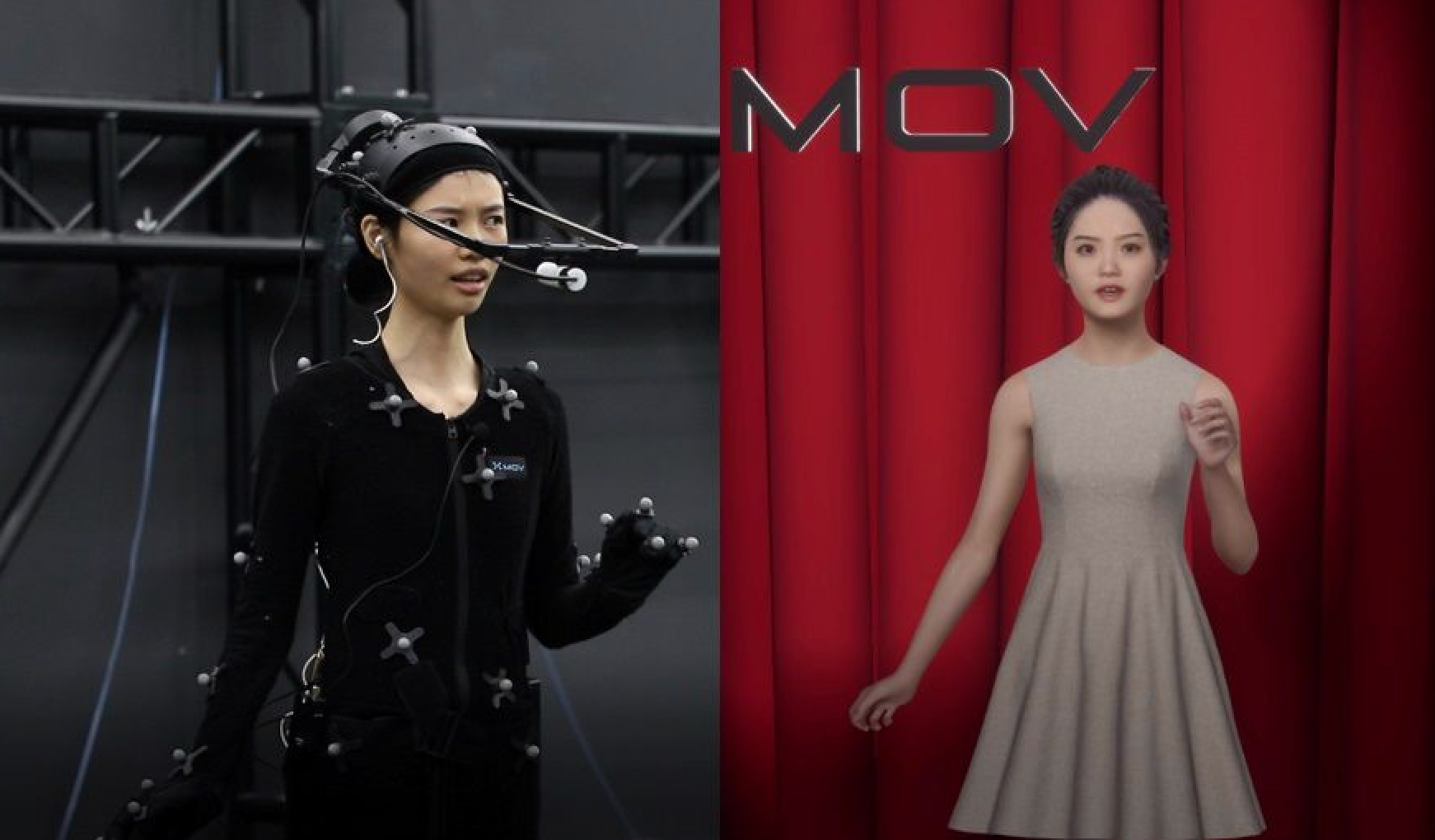What happened
A court in China’s Zhejiang province recently ruled on the country’s first legal dispute regarding virtual humans.
The case involved virtual human Ada, a hyperrealistic 3D influencer created by Shanghai-based Xmov Technology in 2019. Using human actors and artificial intelligence (AI) motion capture to influence her movements, the metahuman debuted at the Qingdao Journalist Festival in November 2019. Three years after Ada’s unveiling, an unnamed Hangzhou-based technology company was accused of including footage of Ada in a video posted to its Douyin account without crediting Xmov as the creator.
Subsequently, Xmov filed legal proceedings against the company for false publicity and infringement. The Hangzhou Internet Court ruled in favor of Xmov, with the undisclosed defendant ordered to pay 72,337 (500,000 RMB) in damages.

The Jing Take
China does not have specific laws or regulations relating to virtual humans and their intellectual property, which means there are lots of gray areas. As the mainland's metahuman market continues to take off – iMedia research forecasts it will expand from 960 million (6.67 billion RMB) in 2021 to 38.5 billion (270 billion RMB) in 2030 – the history-making case brings to light the risk of false publicity and infringement that the digital influencer industry faces.
China’s virtual human market is the world’s largest. Recognizing the industry’s lucrative potential to elevate the commerce sector through brand partnerships, live streams, and direct-to-consumer experiences, multiple tech and retail giants, including the likes of Alibaba and Baidu, have invested a huge amount of resources into the space.
There’s a lot to play for, and this trial highlights the pressing need to establish relevant legislation, and sets a precedent for future cases relating to AI-generated content and human avatars. It’s also likely to sway more companies to amp up their efforts when it comes to protecting their virtual humans’ IP.
The copycatting of IP is nothing new in the metaverse. Only earlier this year did a court in New York find Mason Rothschild guilty of IP infringement for producing and selling 100 MetaBirkin non-fungible tokens depicting the iconic Hermès handbag.
The Rothschild case could prompt more brands to bolster the security of their trademarked assets to protect them from being exploited.
On the one hand, these two cases show that existing laws are to some extent applicable in the virtual realm. On the other hand, without clearer laws governing activity in the Chinaverse, industry participants lack clarity around the extent to which their IP is protected. A lack of legal clarity could also encourage bad actors to target Chinaverse IP.
Since the Zhejiang case, calls for tighter measures in China have emerged.
Following the Xmov ruling, the State Council issued a plan to further develop IP laws, while China’s Cyberspace Administration has advocated for better regulation of AI technologies.
The Jing Take reports on a piece of the leading news and presents our editorial team’s analysis of the key implications for the luxury industry. In the recurring column, we analyze everything from product drops and mergers to heated debate sprouting on Chinese social media.


